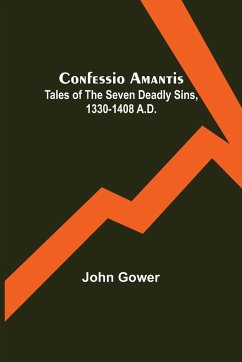
The Liberry
Versandkostenfrei!
Versandfertig in 1-2 Wochen
15,99 €
inkl. MwSt.

PAYBACK Punkte
8 °P sammeln!
The Liberry, has been regarded as significant work throughout human history, and in order to ensure that this work is never lost, we have taken steps to ensure its preservation by republishing this book in a contemporary format for both current and future generations. This entire book has been retyped, redesigned, and reformatted. Since these books are not made from scanned copies, the text is readable and clear.














